Nigeria's President Declares State of Emergency in Oil-Rich Rivers State
Political Crisis Deepens as Tinubu Suspends Governor, Lawmakers
Nigeria is facing a deepening political crisis after President Bola Tinubu declared a state of emergency in Rivers State, an oil-rich region, and suspended the governor, his deputy, and all state lawmakers for six months.
In a televised address on Tuesday evening, Tinubu cited alarming security reports detailing the vandalization of oil pipelines by militants. He accused Governor Siminalayi Fubara of failing to take necessary action to prevent such attacks, stating that he could not allow the "grave situation" to persist.
The emergency declaration follows a significant blast that damaged the Trans-Niger Pipeline, one of the country’s highest-producing crude oil pipelines. This attack, allegedly carried out by criminal gangs or militants, has halted production and exports. According to Africa Report, the pipeline transports crude oil worth approximately $14 million (£11 million) daily at current market prices.
Political Tensions in Rivers State
Beyond security concerns, the political landscape in Rivers State has been increasingly volatile. Governor Fubara, a member of the opposition People's Democratic Party (PDP), has faced ongoing factional disputes within his party. At the national level, the PDP is the primary opposition to Tinubu’s ruling All Progressives Congress (APC).
The president claimed that political conflicts in Rivers had paralyzed governance. He alleged that Fubara’s allies had made inflammatory threats against political opponents and that the governor failed to disown such rhetoric. Meanwhile, state lawmakers had reportedly threatened to impeach both the governor and his deputy, according to Reuters.
Tinubu justified the emergency rule by arguing that it was necessary to restore peace and stability to the state.
Opposition and Legal Backlash
The decision has sparked widespread criticism, with many questioning its legality. Governor Fubara responded cautiously, acknowledging political disagreements but insisting that "good governance has continued" in the state.
"Rivers State is safe, secure, and peaceful under our watch," he stated.
The Nigerian Bar Association (NBA) has condemned the move as unconstitutional, arguing that an elected governor and legislature cannot be removed by executive fiat. The PDP also rejected the declaration, calling it a ploy for "state capture" and accusing Tinubu of attempting to turn Nigeria into a one-party state.
"It is the climax of a well-orchestrated plot to forcefully take over Rivers State," the PDP stated.
Peter Obi, a former presidential candidate for the Labour Party, also criticized the decision, calling it "reckless" on social media platform X.
A History of Emergency Rule in Nigeria
This is not the first time a Nigerian president has declared a state of emergency. Previous administrations have taken similar actions in response to insurgencies and regional instability. However, Tinubu’s decision has reignited debates about the balance of power, the rule of law, and the political future of Rivers State.
With tensions escalating, the coming weeks will be critical in determining how this crisis unfolds and whether the president’s move will withstand legal and political scrutiny.



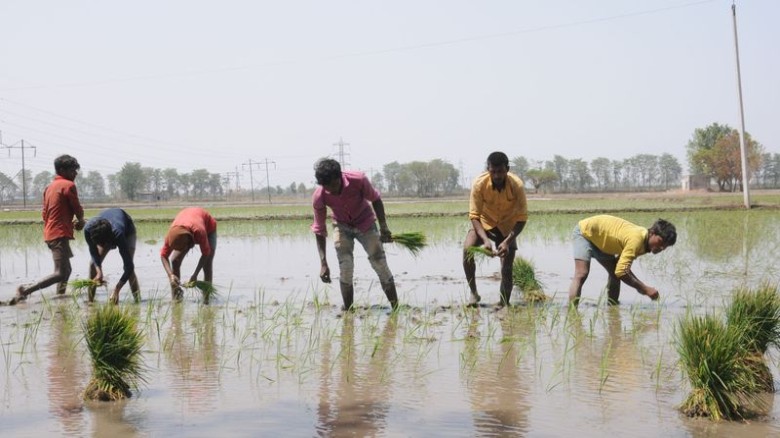
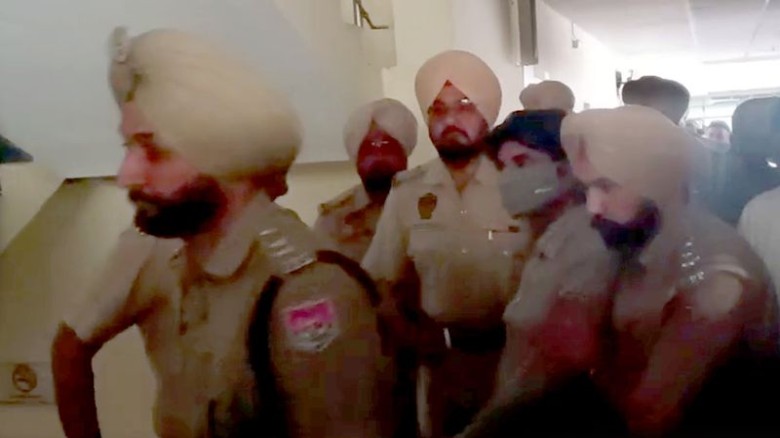

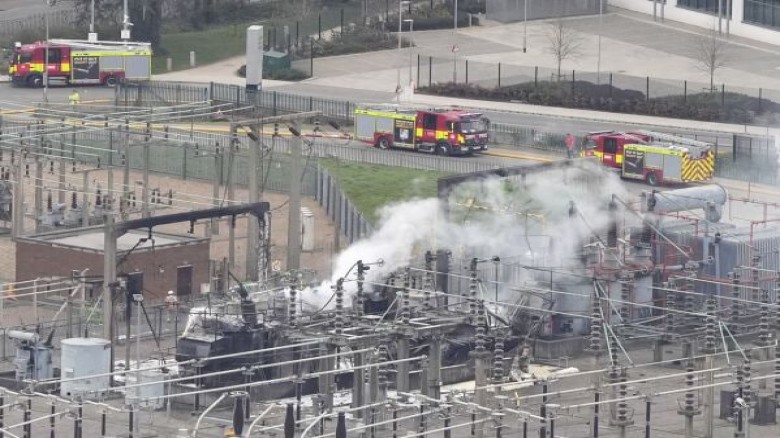


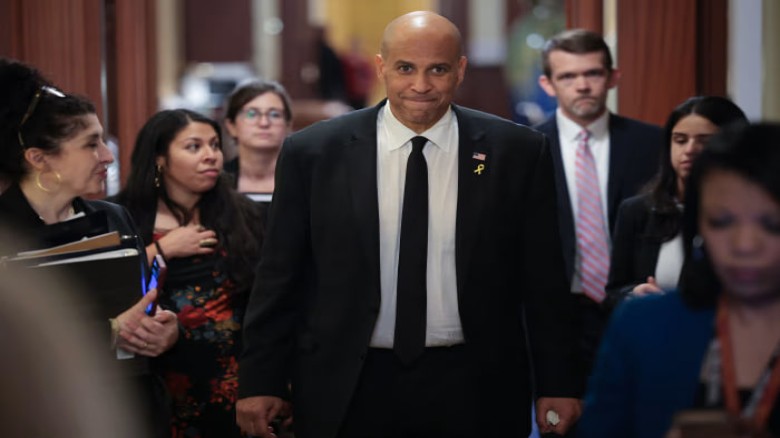
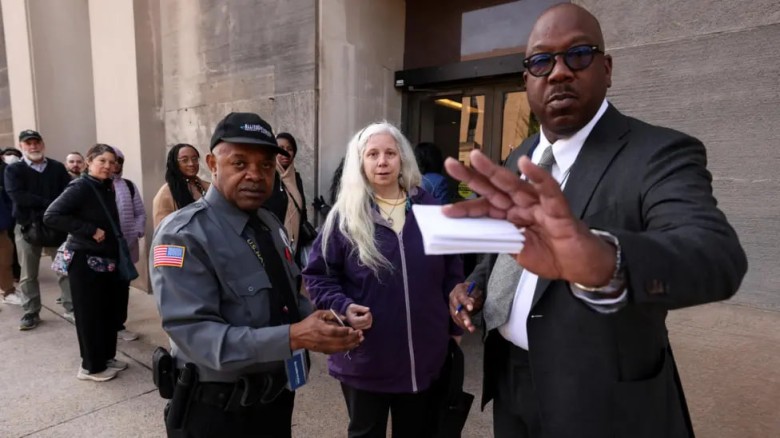

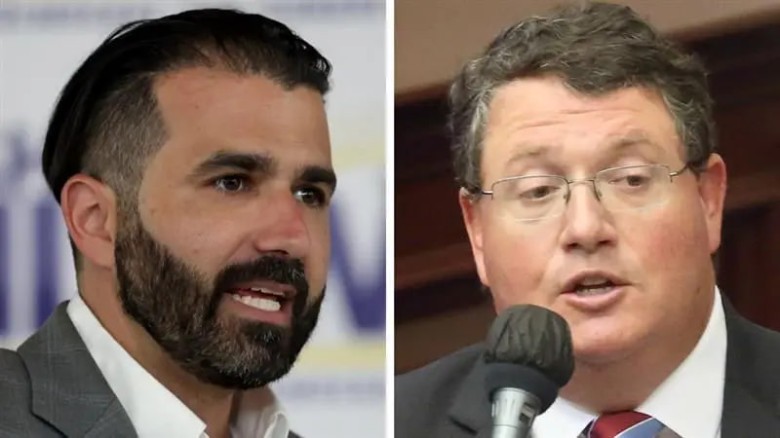

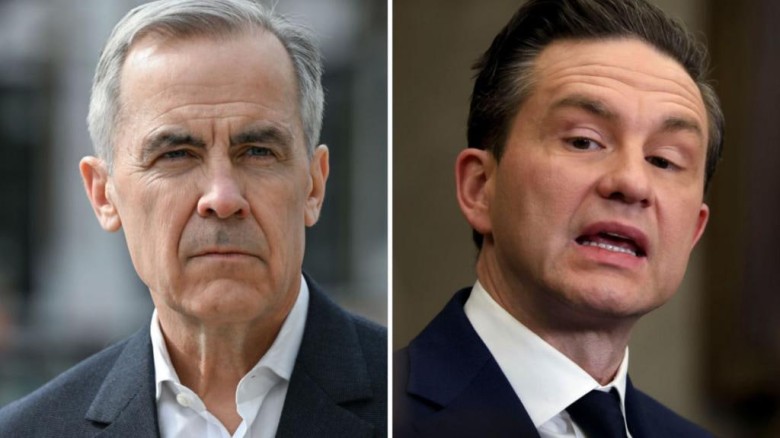
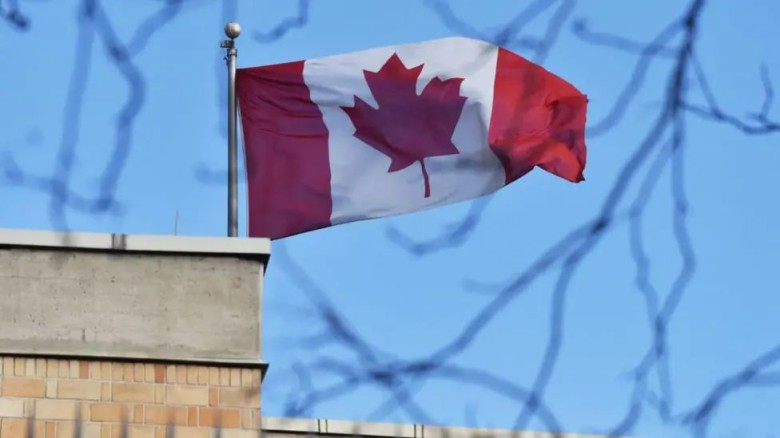
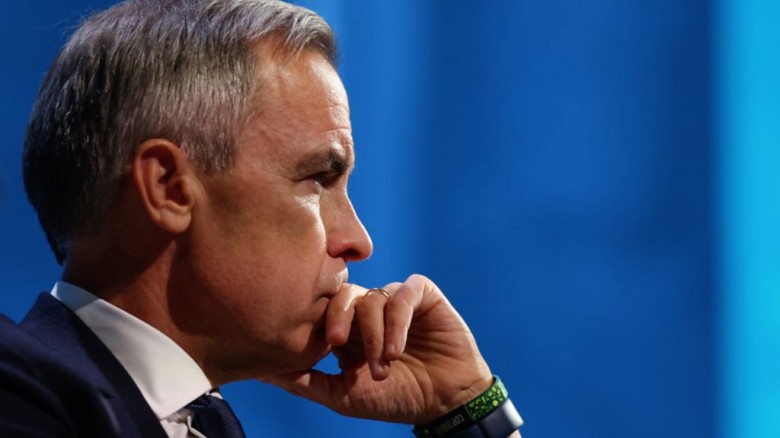

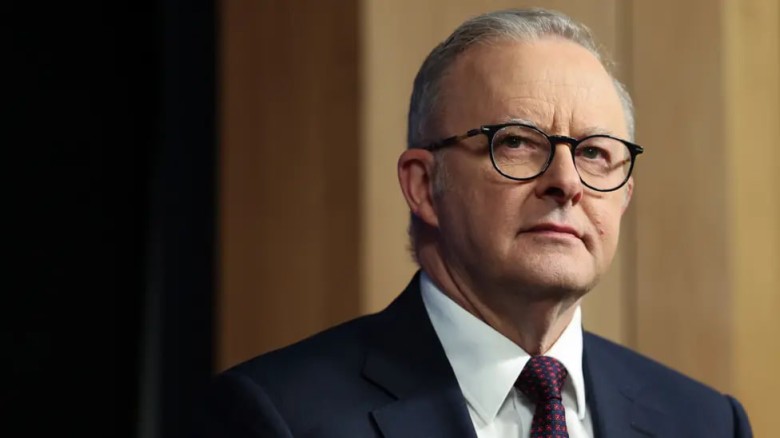


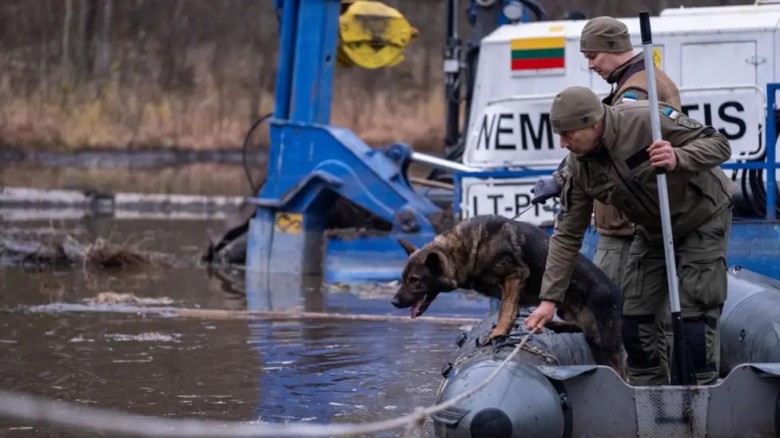

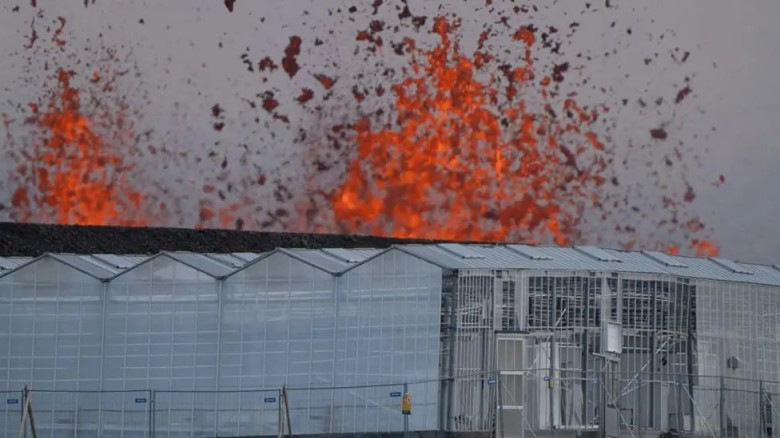
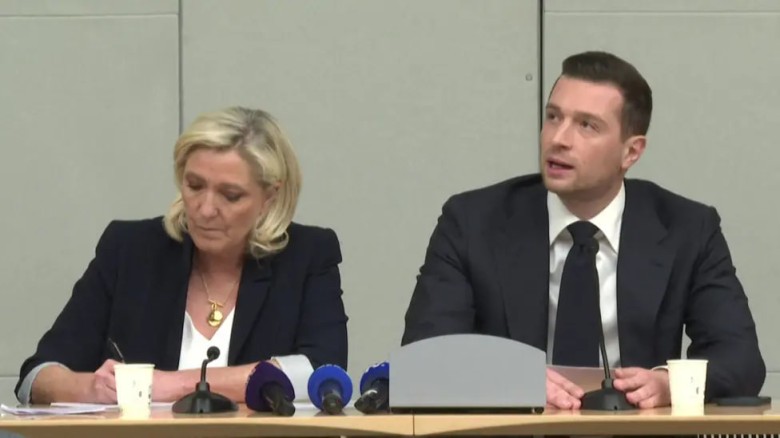
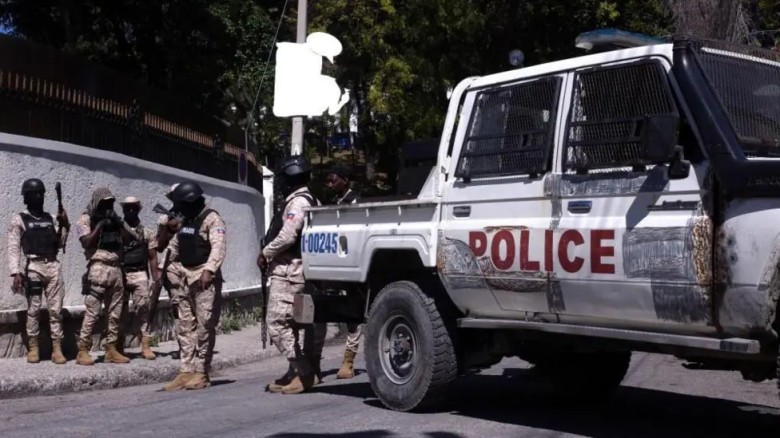
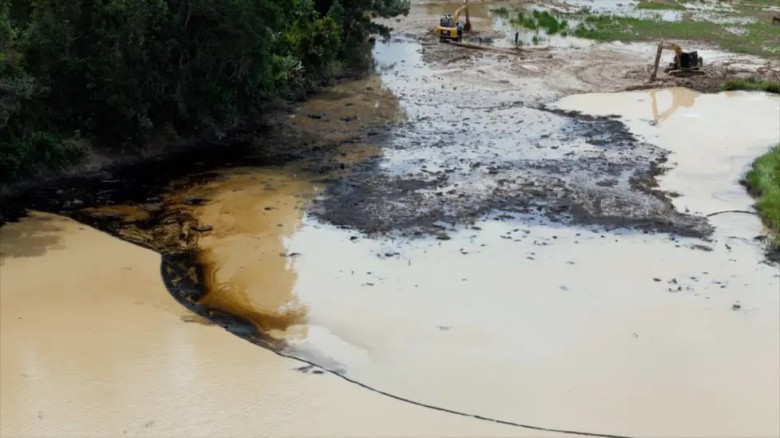
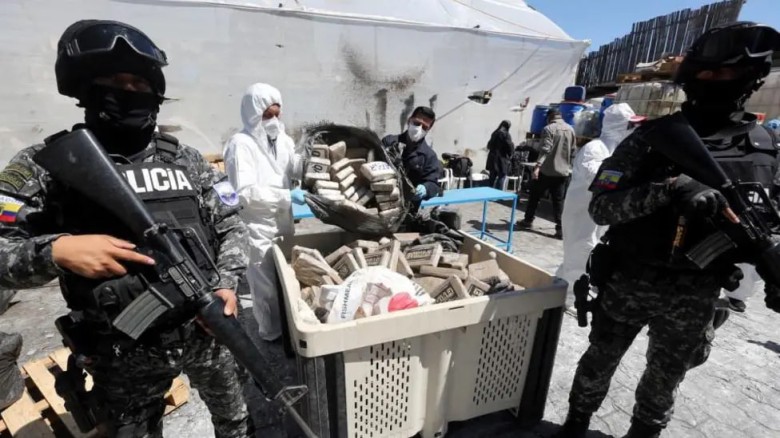






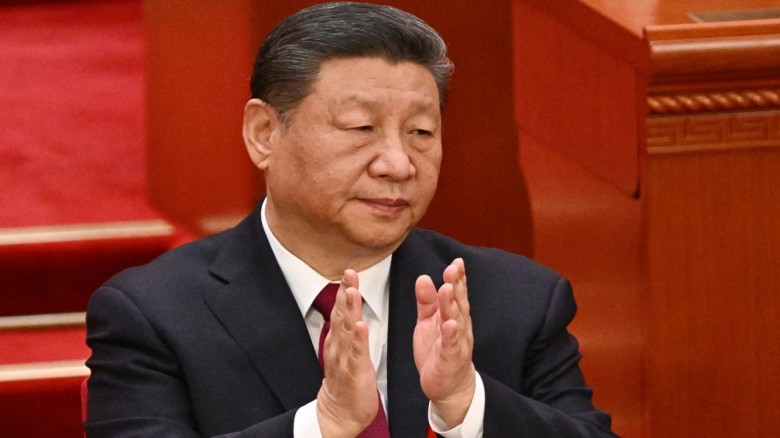
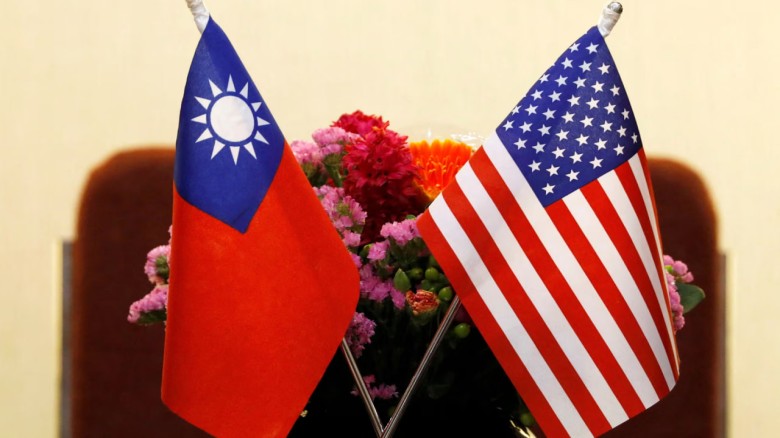

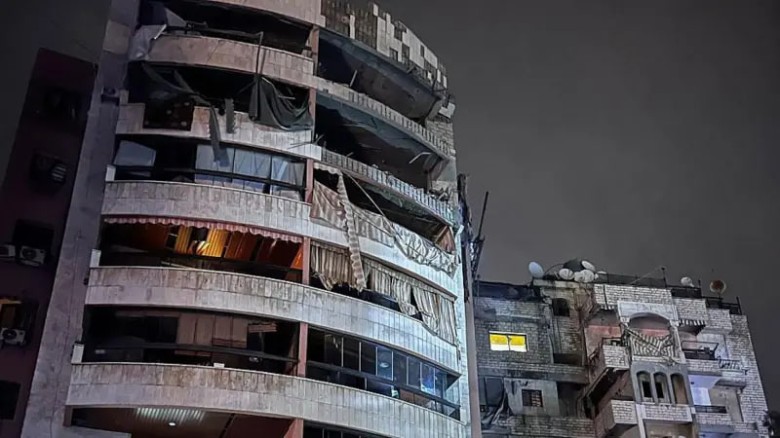
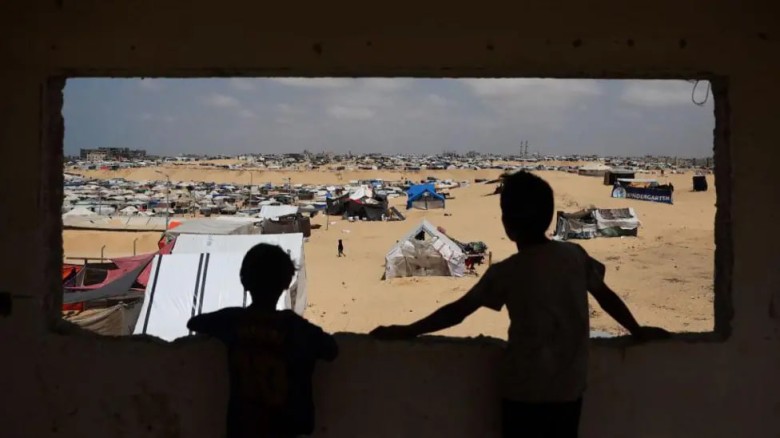
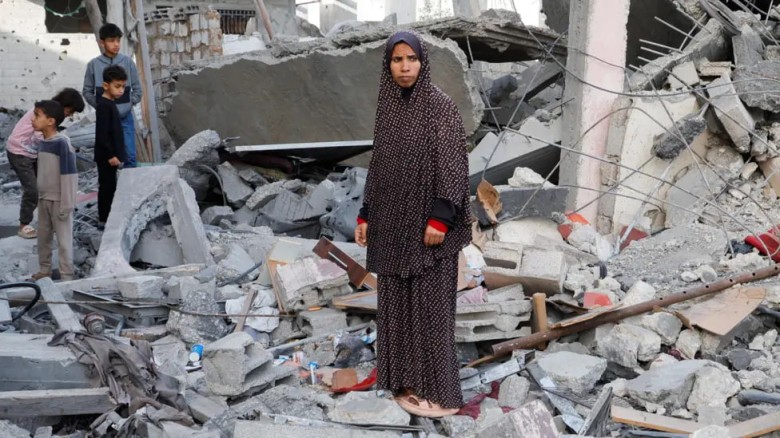
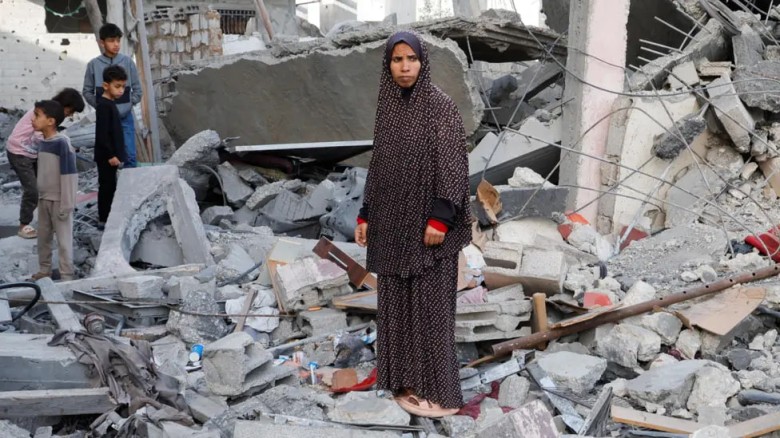

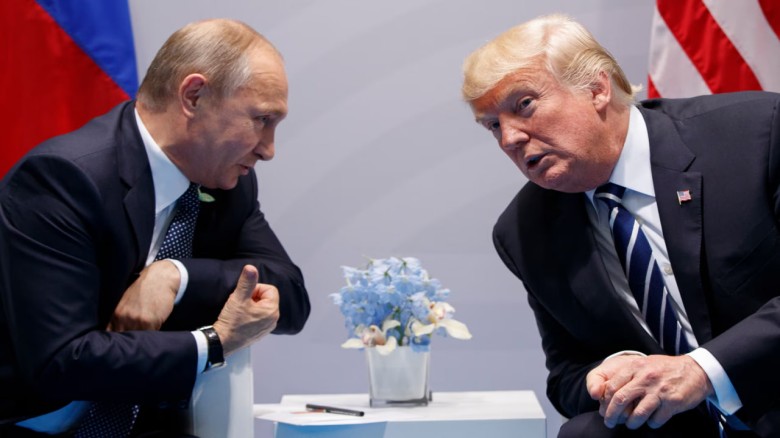

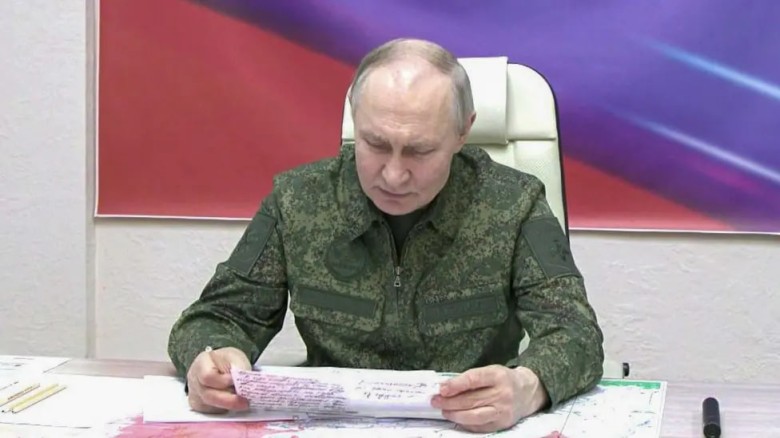




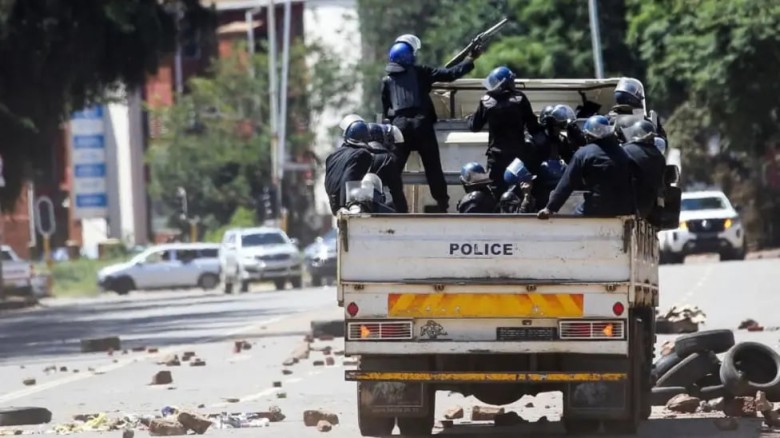

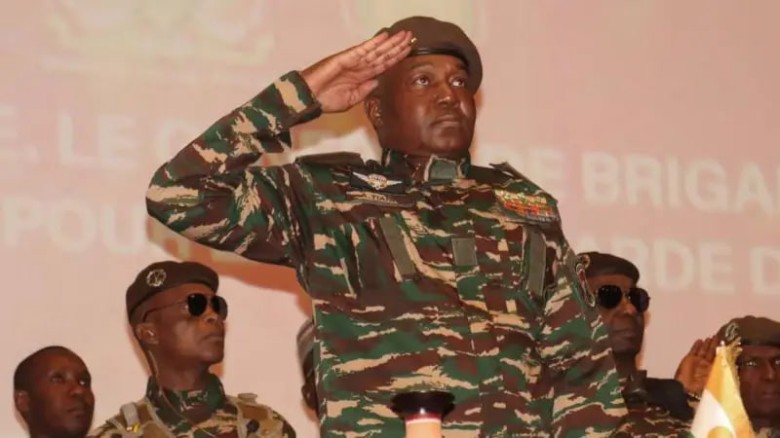















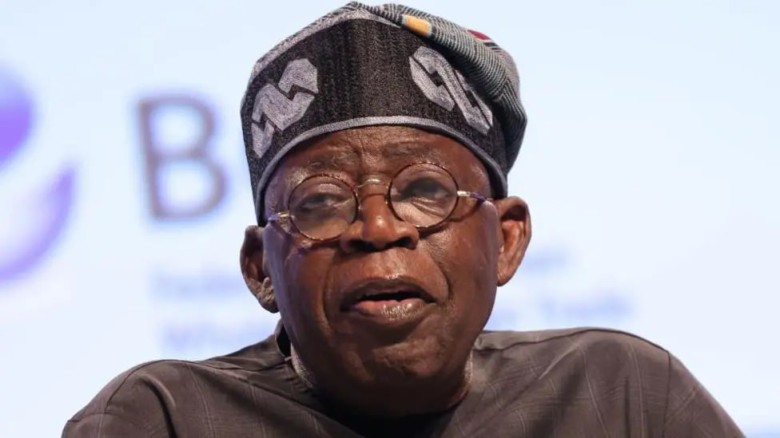


Leave A Comment